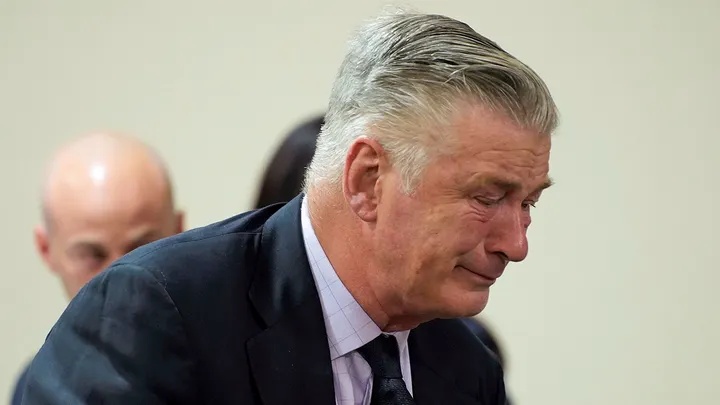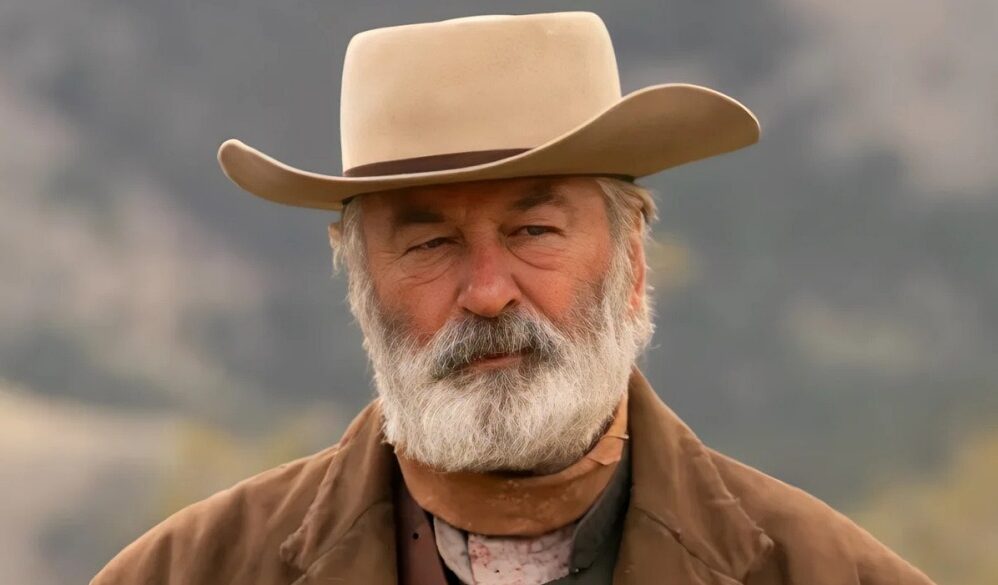Alec Baldwin’s Emotional Journey: Reflecting on the Rust Tragedy and Its Aftermath
The tragic incident on the set of the film Rust remains one of the most poignant moments in recent Hollywood history. At the 2024 Torino Film Festival, Alec Baldwin, who faced intense scrutiny following the accidental shooting of cinematographer Halyna Hutchins, spoke candidly about the event’s profound impact. His reflections offer a sobering reminder of the human cost behind the headlines and raise broader questions about industry safety and resilience.
The Weight of Tragedy and Personal Loss
Baldwin described the emotional toll the incident has taken, not just on him but also on his family. The burden of guilt, public scrutiny, and personal grief has been overwhelming. Baldwin’s wife, Hilaria Baldwin, revealed that she suffered a miscarriage shortly after the incident, underscoring the emotional ripple effects of the tragedy. Baldwin’s account at the festival highlighted how deeply intertwined personal and professional lives become during crises, and how the path to healing is often complex and fraught with obstacles.
This personal dimension adds a layer of gravity often missing from public discourse about such incidents. The miscarriage, a deeply personal tragedy, reflects the unseen emotional struggles that can accompany public controversies. For Baldwin, the incident wasn’t just a professional setback but a personal catastrophe that upended his family life.

Commitment to Hutchins’ Legacy
In a notable demonstration of integrity, Baldwin chose to waive his fees for the film. Despite being a producer, he has made it clear that he has not profited from the project. This decision underscores his commitment to supporting Hutchins’ family and ensuring that her memory is honoured. His actions speak to a broader theme of accountability and redemption—a public figure navigating the aftermath of a tragedy with a focus on ethical responsibility.
The financial gesture is significant. In an industry often criticised for prioritising profit over people, Baldwin’s decision sets a precedent. It reflects a broader shift in how responsibility is viewed in Hollywood. More than a financial decision, it is a moral statement—an acknowledgment of loss and a commitment to doing what is right.
The Future of Rust: Completion and Release
Director Joel Souza, who was also injured during the incident, has confirmed that the film will be completed and released. This decision has sparked a mix of support and controversy. For some, completing the film is a way to honour Hutchins’ memory; for others, it raises questions about the ethics of profiting from tragedy. Baldwin himself remains hesitant to watch the final cut, a testament to the deep emotional scars the incident has left.
The decision to release the film is fraught with complexities. On one hand, it can be seen as a tribute to Hutchins’ work; on the other, it raises ethical questions about how to handle projects marred by tragedy. The film industry’s response has been largely supportive, with many viewing the completion of the film as a necessary step toward closure.
Industry-Wide Reflections: The Push for On-Set Safety
The Rust incident has sparked a broader conversation about on-set safety. Hollywood has faced criticism for lax safety standards, particularly regarding firearms. The tragedy has become a catalyst for change, prompting calls for stricter protocols and better oversight. Industry leaders have rallied behind Baldwin and the Rust team, acknowledging the difficult circumstances and expressing solidarity. This collective response signals a shift in how the industry approaches safety and accountability.
The incident has led to concrete changes. New protocols have been introduced, and there is a growing consensus that more needs to be done to protect crew members. The Rust tragedy is a turning point—a moment that has forced the industry to confront its shortcomings.

A Broader Lesson in Resilience and Accountability
Alec Baldwin’s journey is emblematic of a larger story about resilience and accountability. His reflections at the Torino Film Festival highlight the personal and professional challenges he has faced. They also underscore a broader truth: tragedies have ripple effects that extend far beyond the immediate moment.
Baldwin’s decision to waive his fees and his commitment to supporting Hutchins’ family reflect a broader theme of accountability. In an industry often criticised for its lack of transparency, Baldwin’s actions are a reminder that public figures have a responsibility to do what is right.
Conclusion: A Story Still Unfolding
The Rust incident is more than a Hollywood tragedy; it is a case study in how individuals and industries respond to crisis. Baldwin’s reflections are a poignant reminder of the human cost of such tragedies. As the film industry continues to grapple with the implications, Baldwin’s journey is one worth watching. His story is one of loss, accountability, and the ongoing search for redemption.
In the end, the Rust tragedy is a reminder that behind every headline is a human story—one of pain, resilience, and the hope for a better future.

















